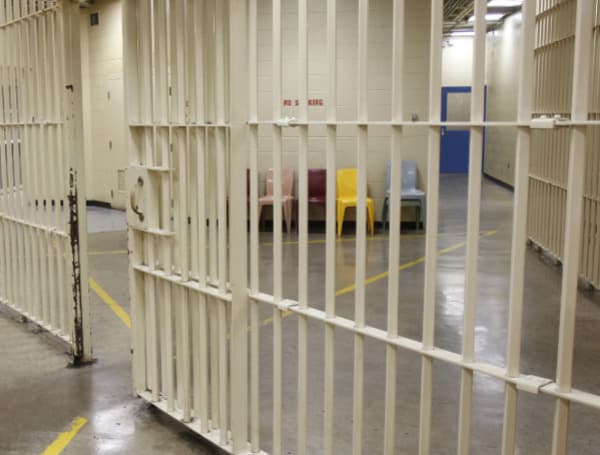In a case that could affect hundreds of inmates, the Florida Supreme Court on Thursday said it will hear a dispute about whether a man convicted of attempted sexual battery on a child is eligible to be considered for early release from prison.
The Florida Department of Corrections asked justices to take up the issue, after the 1st District Court of Appeal in June rejected longstanding legal precedent and said inmate McMillan Gould should be eligible for what is known as prison “gain time.”
Appeals-court Judge Adam Tanenbaum, in a 22-page majority decision, wrote that state law bars gain time for people convicted of committing sexual battery — but not, as in the Gould case, for attempted sexual battery.
In the news: Florida Governor Ron DeSantis Awards Over $22 Million For Water Quality Projects
Inmates may receive gain time based on factors such as their behavior and taking part in work programs. Gould pleaded no contest to attempted sexual battery on a child under age 12.
The June decision drew a fierce dissent written by Judge Scott Makar, who described the majority decision as “the judicial equivalent of an unprompted cannonball dive into a long-placid wading pool.”
In a September brief filed at the Supreme Court, lawyers for the Department of Corrections said the 1st District Court of Appeal decision conflicted with 5th District Court of Appeal decisions on the issue.
“Approximately 540 inmates in the department’s custody were convicted of attempted sexual battery,” the brief said. “If the First District’s decision stands, all or most of those 540 inmates will become eligible for incentive gain-time, including retroactive incentive gain-time from 2014 onwards. The decision promises to have severe prospective effects, too, on future sentences.”
The Supreme Court on Thursday did not set a date for arguments.
Visit Tampafp.com for Politics, Sports, and National Headlines.
Android Users, Click Here To Download The Free Press App And Never Miss A Story. Follow Us On Facebook Here Or Twitter Here.

